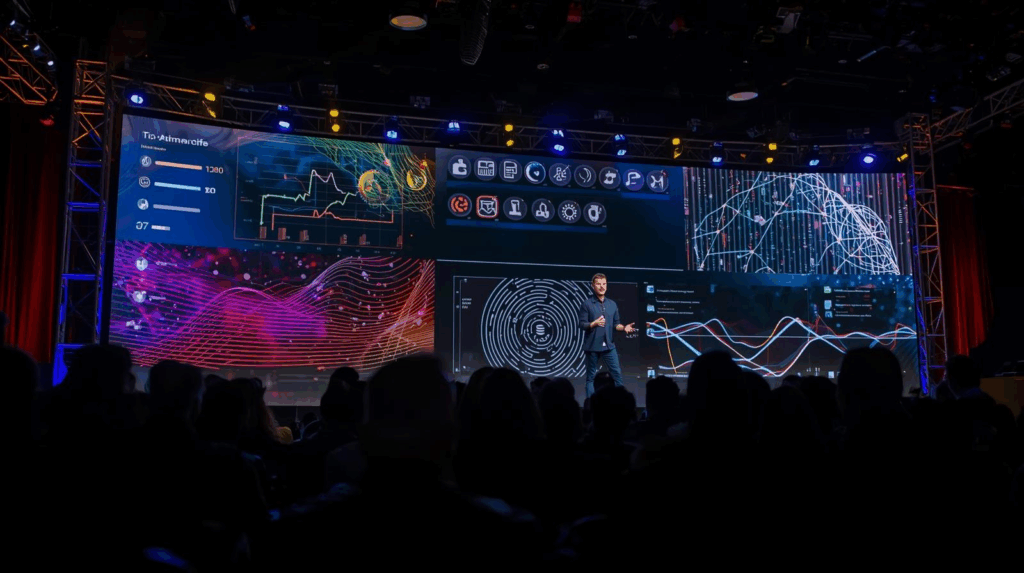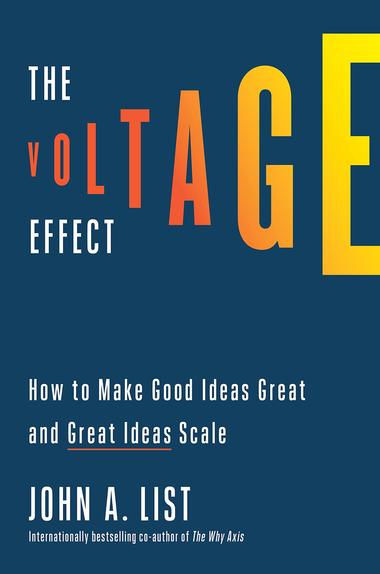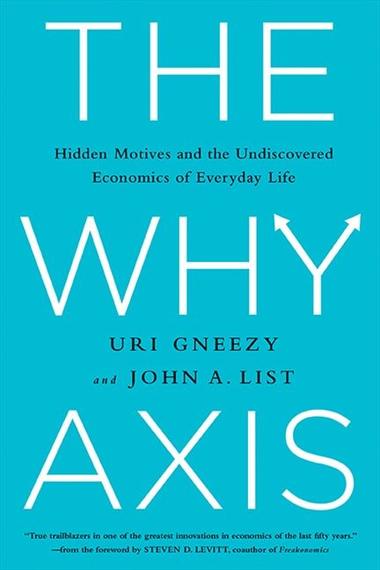Biography
John List is a distinguished economist, author, and professor who has taught at some of the most prestigious universities in the world. As a keynote speaker and leading expert on experimental and behavioral economics and game theory, he frequently lends his expertise to business and policy forums.
In early 2022, John joined Walmart’s economic team as the first Chief Economist of the retail giant. He will leverage his knowledge in behavioral economics to help the organization analyze data, enabling the organization to deliver more of what customers and members want. His research focuses on microeconomic issues, including how people and organizations behave when allocating limited resources and how these people and firms interact.
Since 2005, John has been a lecturer in the University of Chicago’s Economics department as a Distinguished Service Professor and a Distinguished Professor of Economics at the Australian National University’s Research School. John has also held professorships at Monash University, the University of Maryland, the University of Arizona, and the University of Central Florida. Before joining academia, John served as the Chief Economist for Uber and Lyft.
John is the acclaimed author of The Voltage Effect (2022), exploring and demonstrating the science of scaling and how it can lead to change in various aspects of society. The book is a national bestseller, appearing on multiple lists, including the New York Times, LA Times, Wall Street Journal, Washington Post, and USA Today. He’s also the author of the international bestseller The Why Axis (2013), offering a deep analysis of human behavior and how powerful incentives could encourage society to modify behaviors. John has published over 200 peer-reviewed articles and featured in many publications, including the Oxford Review of Economic Policy, Experimental Economics, and American Economic Review.
Along with his 2015 shortlist nomination for the Nobel Prize, John has received numerous awards and honors for his research. He’s an American Academy of Arts and Sciences member and a Fellow of the Econometric Society. A recipient of the Yrjo Jahnsson Lecture Series, the Klein Prize, and the Arrow Prize for Senior Economists, he holds honorary doctorates from teaching institutions, such as the University of Wyoming, Aalto University, University of Prague, University of Ottowa and Tilburg University.
John’s research has helped to reshape the understanding of human behavior in markets. As a keynote speaker, he addresses global audiences providing insights into areas such as auction design, voting behavior, and charitable giving.
Videos
"People don't quit enough!" — John List | The Art of Optimal Quitting
#102 It’s Almost Impossible To Undo A Bad Idea feat. John List
Why big ideas fail to scale—and how to fix it with John List (Podcast Ep. 87)
A Master Economist Explains How Companies Should Apologize to Retain Customers
Speech TopicsExpand each topic to learn more
“Scale” is probably a term you’ve heard before—a buzzword amongst Silicon Valley entrepreneurs and tech start-up circles. But at its core, “to scale” simply means to achieve a desired outcome when you move from a small group—of customers, students, or citizens—to a much larger one. And it’s not just for start-ups. Scaling ideas underpins all social and technological progress, since, as List says, “the innovations that change the world are those that reach the largest number of people.”
In his upcoming book The Voltage Effect, List reveals why some ideas take off (or scale) and why others fall flat using a mix of original research and real-world anecdotes from working with companies like Uber, Lyft, and Tinder. His ideas are brought to life in this engaging presentation with actionable, science-backed take-aways for leaders, teams, and organizations looking to take their ideas to the next level.
Blog Posts

Financial Planning in 2026 Requires a Clear Strategy
Have you noticed that the internet has never given more financial planning advice than it does right now? That's actually the problem. Your feed has become a 24/7 trading floor of hot takes. "Buy this."...
Read More
Crisis Leadership Lessons from September 11 Reveal Everyday Resilience
What if the most powerful crisis leadership lesson from September 11 isn't about the decisions made in underground bunkers, but about the farmers, truckers, teachers, and everyday workers who make heroic responses possible? After sharing...
Read More
Best Artificial Intelligence Speakers for Cybersecurity Conferences (2026 Guide)
Quick Links Artificial Intelligence Speakers Healthcare Keynote Speakers Top Technology Speakers Innovation Speakers Leadership Speakers Future of Work Speakers Get Proposal (availability & fees) If you’re searching for the Best Artificial Intelligence Speakers for Cybersecurity...
Read More
Communication Strategies from Sarita Maybin that Transform Workplace Conflict Into Collaboration
Why Your Team's Real Problem Isn't Strategy—It's Communication When was the last time a workplace conversation went sideways, not because of what was said, but how it was delivered? Most organizations pour resources into strategic...
Read More
The 2026 Keynote Speaker Lineup That Creates Real Momentum
If you're looking for a sign to power start your 2026, here it is: this is the year you stop negotiating with your potential. January arrives packed with goals, spreadsheets, and ambitious plans. However, goals...
Read More
Best Artificial Intelligence Speakers for Technology (SaaS) Conferences (2026 Guide)
Quick Links Artificial Intelligence Speakers Healthcare Keynote Speakers Top Technology Speakers Innovation Speakers Leadership Speakers Future of Work Speakers Get Proposal (availability & fees) This guide features the Best Artificial Intelligence Speakers for Technology (SaaS)...
Read MoreRelated Economy Speakers
Get in TouchContact US
Fill out the form so we can best understand your needs.
A representative from The Keynote Curators will reach out to you.




